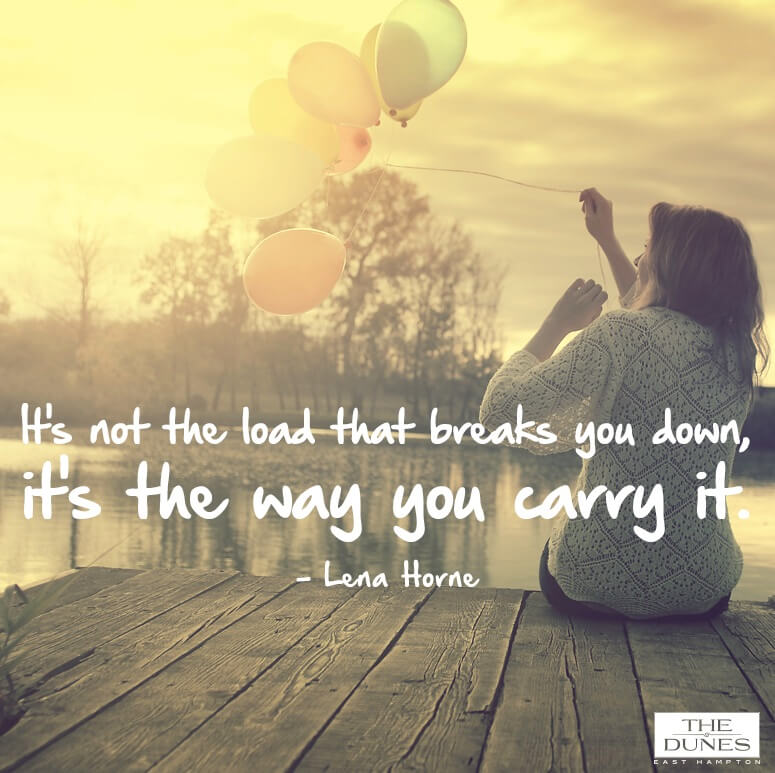Mood or affective disorders are not uncommon. This category of mental health issues includes depression (all categories) as well as bipolar disorder. Anyone can develop a mood disorder, and these concerns can start at a young age. Children, adolescents and adults can all be susceptible to mental health problems.
Types Of Mood Disorders
Common types of mood disorders are as follows:
- Major depression – is a two week period (or longer) of a noticeable decrease of interest or pleasure in usual activities or a depressed mood, along with other signs indicating a mood disorder.
- Manic depression (also called bipolar disorder) – is defined as at least one episode of a depressed or irritable mood and one episode of a persistently elated (manic) mood.
- Mood disorder as the result of a general medical condition – when symptoms of depression present in patients who have other medical issues, such as cancer, chronic illnesses, injuries and infections.
- Substance induced mood disorder – is a form of depression linked to the effects of medication use, exposure to toxins or addiction.
Mood Disorders And Addiction
Some people who are experiencing symptoms of depression (sadness, difficulty sleeping, low energy, difficulty concentrating, lack of self-esteem) may start using drugs or alcohol as a way to try to feel better. They may not immediately recognize that they are depressed and that their condition is treatable if they see their doctor, especially if they start showing signs as an adolescent.
The years when a young person is moving from childhood to becoming an adult are full of major changes, physically, mentally and emotionally. It can be easy to confuse the signs of depression with hormonal changes or the ups and downs of normal teen years. Someone in this situation may start using drugs and alcohol as a way of managing their symptoms to feel better or to simply try to feel something when their whole world feels awkward, bleak and gray.
In the case of a person who has a substance induced mood disorder, the depression develops after the addiction has established itself in an individual’s life. Research has indicated that alcohol and sedatives (barbiturates) have been implicated in causing depression in some people.
Whether the mood disorder existed before the addiction or came into existence after the addiction, We here at The Dunes East Hampton has knowledgeable, caring staff to treat both conditions. When clients have co-occurring disorders, they must be treated concurrently to lead to a full recovery.
If You Or Someone You Love Is Struggling With A Mental Illness And Addiction – Call Us Now We Will Guide You To Freedom, Peace And Recovery!








